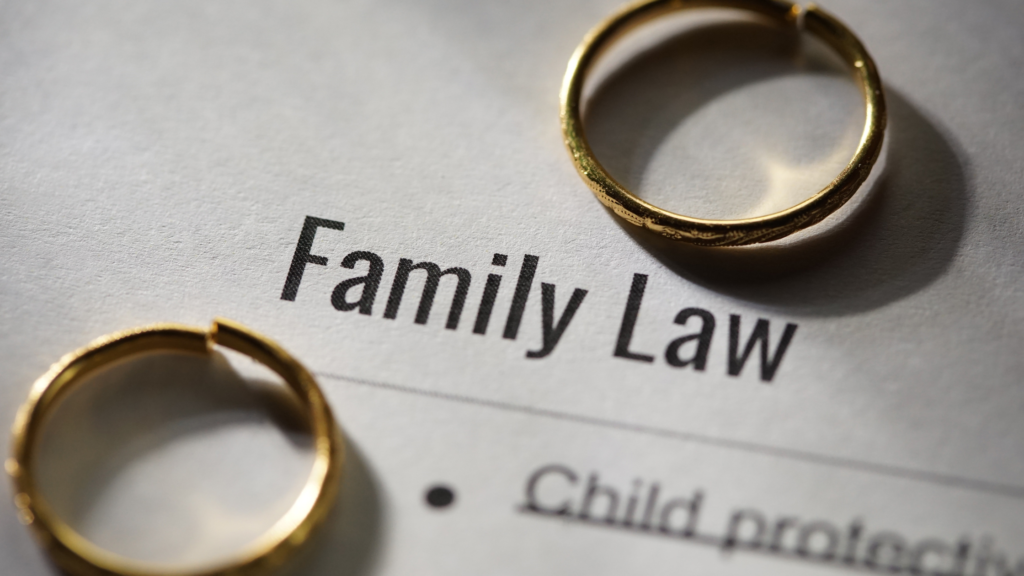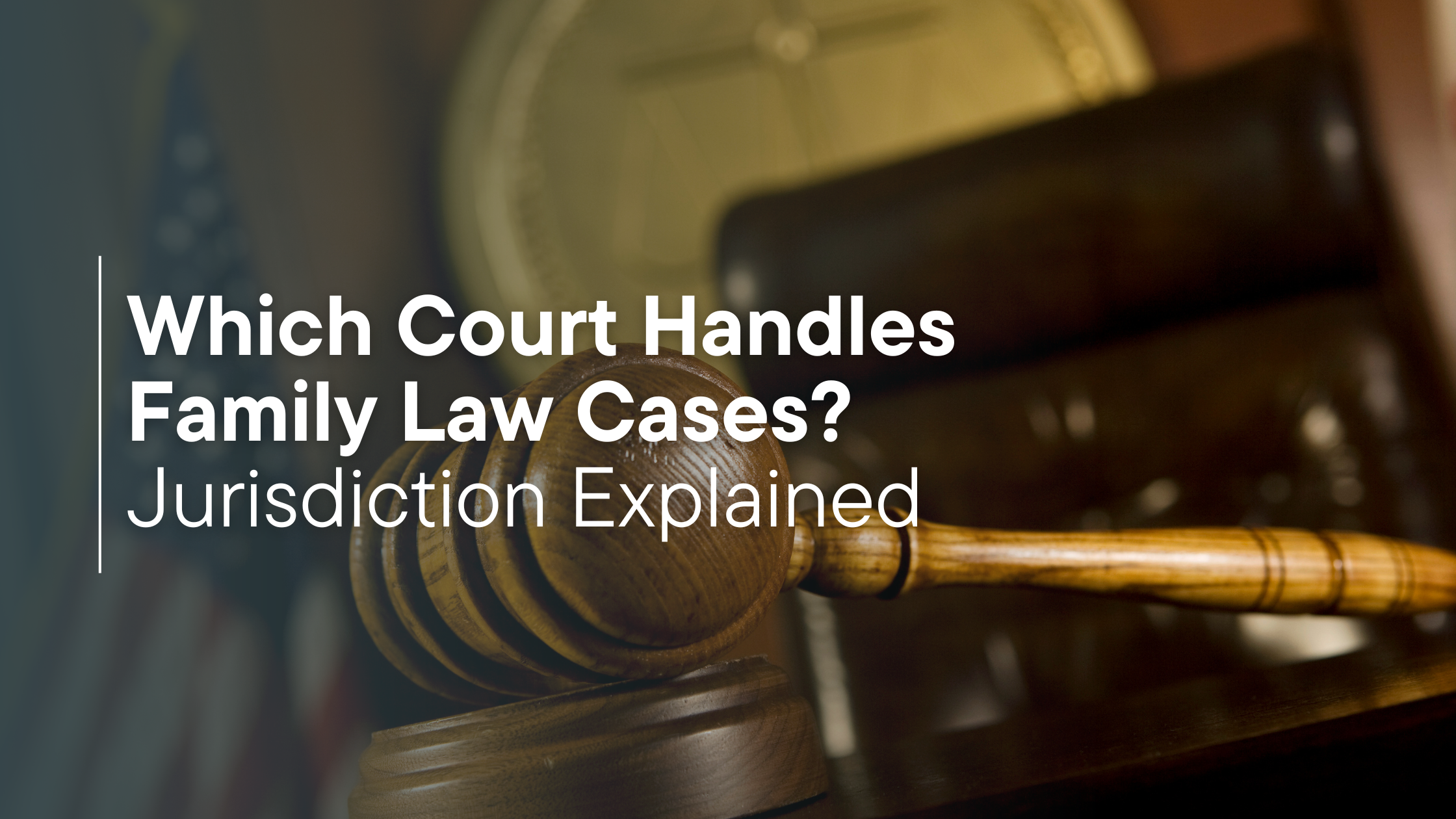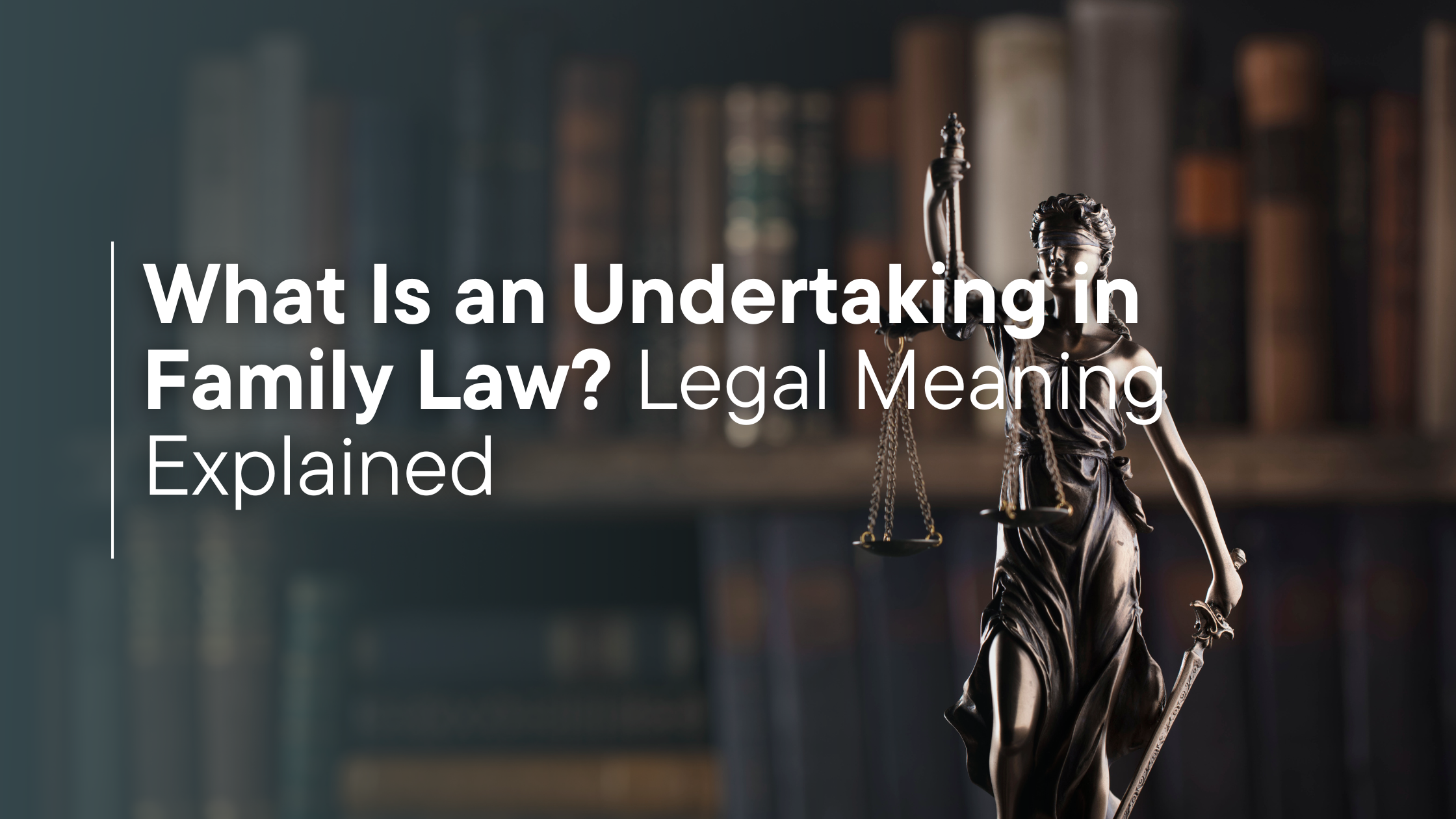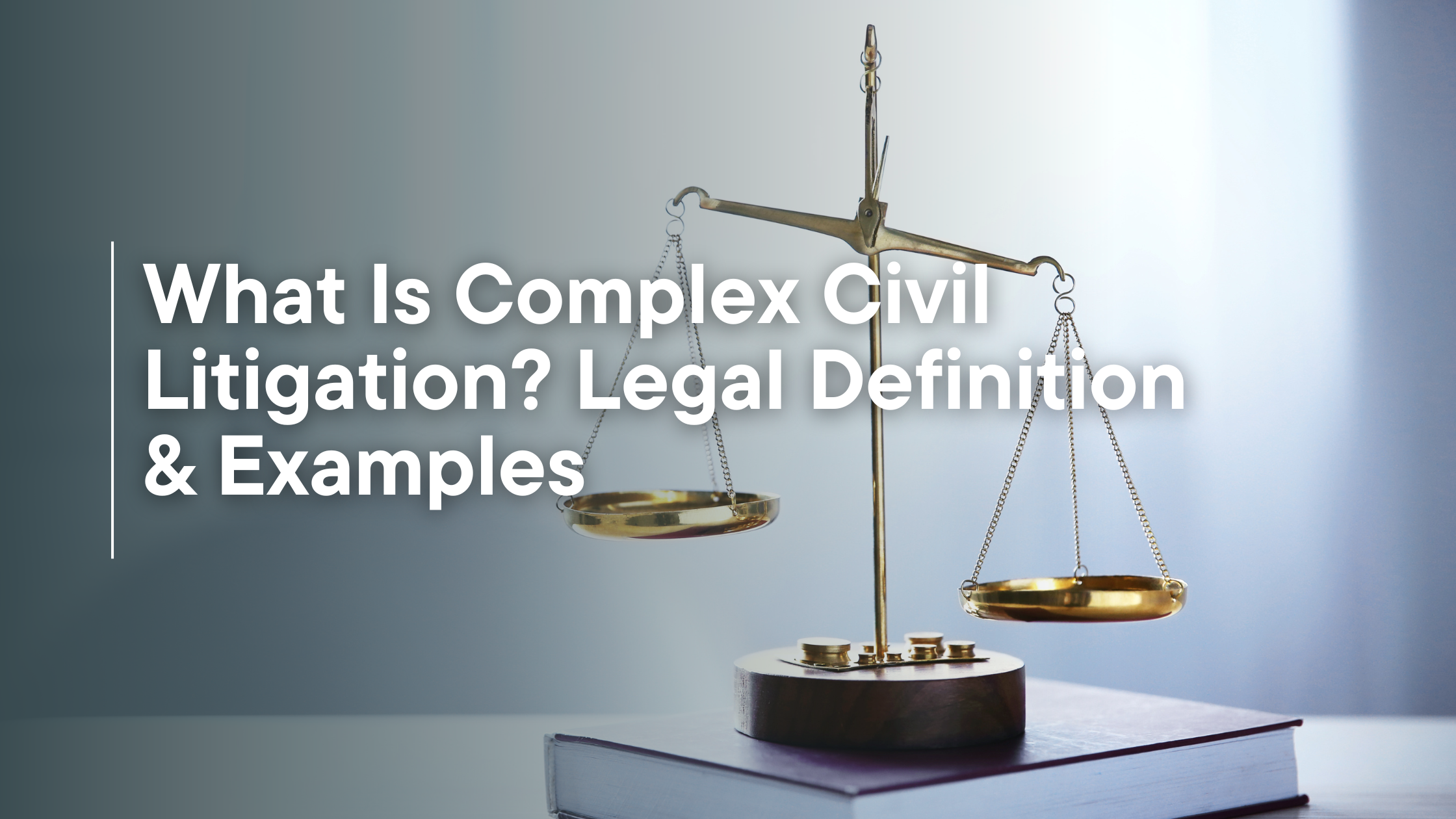Navigating a family law case can be overwhelming. Whether you are facing a divorce, child custody dispute, or adoption process, understanding which court will handle your case is crucial to ensure everything is resolved efficiently. In this post, we will guide you through the complexities of jurisdiction, explaining how and where your family law case will be heard.
What is Family Law?

Family law encompasses a wide range of legal matters that affect individuals and families. It deals with the relationships between family members, such as spouses, parents, children, and extended family. Some of the most common family law cases include:
- Divorce: The legal dissolution of a marriage.
- Child Custody and Visitation: Determining where a child will live and how parents will share time with the child.
- Spousal Support (Alimony): Financial support given to a spouse after divorce.
- Adoption: The legal process of becoming a child’s parent.
- Domestic Violence: Legal actions to protect individuals from harm within a family.
Given the sensitive and often complex nature of family law cases, it is essential to understand which court has the authority to hear your case.
The Role of Courts in Family Law

Courts play a critical role in resolving family disputes. They ensure that legal matters are handled fairly and impartially. In family law cases, courts determine everything from asset division to child custody arrangements, striving to reach solutions that are in the best interest of all involved parties.
Jurisdiction: What Does It Mean?

Jurisdiction refers to the authority of a court to hear and decide a case. For a court to have jurisdiction over a family law case, several factors must be met, including the geographical location and the type of case being heard. There are two primary forms of jurisdiction:
- Territorial Jurisdiction: This involves where the parties involved live or where the events took place. For example, a divorce case is typically handled by the court in the county or state where the couple resides.
- Subject Matter Jurisdiction: This refers to the type of case a court is authorized to handle. Not all courts can hear all types of family law cases.
Which Court Handles Family Law Cases?

Family law cases are generally heard in state courts, but there can be variations depending on the location and nature of the case. Here’s a breakdown:
1. State Courts:
In most states, family law cases are handled by state courts. These courts have divisions or departments dedicated to family law matters. The types of state courts that may handle family law cases include:
- Family Courts: In some states, family law cases are specifically handled by specialized family courts. These courts are designed to focus solely on family-related matters like divorce, child custody, and support.
- Superior or District Courts: In other states, family law cases may be heard in superior or district courts, which deal with a broader range of cases, including family law matters.
2. Specialized Family Courts:
In some states or counties, there are family law courts that specialize solely in family law matters. These courts have judges and staff who are experts in family law and can provide more focused attention to the nuances of your case.
- Advantages of Specialized Courts:
- Expert judges with extensive experience in family law.
- A more efficient process for resolving family disputes.
- Expert judges with extensive experience in family law.
3. Federal Courts:
Generally, family law cases are handled by state courts, but in certain situations, federal courts may become involved. This happens most often in interstate family law cases, such as:
- Interstate Custody Disputes: If the case involves parties from different states, federal courts may intervene, especially in cases involving the Uniform Child Custody Jurisdiction and Enforcement Act (UCCJEA).
- Military Family Law: Cases involving military service members or spouses may be handled in federal courts if they involve federal law.
However, federal jurisdiction over family law cases is limited, and most cases will remain within the state courts.
How to Determine Which Court Has Jurisdiction

When it comes to determining which court will handle your case, several factors come into play:
- Residency of the Parties: The court will typically have jurisdiction where the parties involved live. For example, if you and your spouse live in different states, the court in the state where one of you resides may have jurisdiction over your divorce.
- Location of the Child: In custody cases, jurisdiction often depends on where the child has lived for the past six months, as most courts prioritize the child’s best interests and aim to resolve custody disputes in the child’s home state.
- Type of Family Law Case: The nature of your case will also affect which court has jurisdiction. Some courts are equipped to handle divorce and custody cases, while others may only handle support cases or adoption matters.
Example Scenarios:
- A couple who lived in New Jersey for several years but has since relocated to different states would likely have their divorce case heard in the county where either party currently resides.
- A child custody dispute involving parents living in two different states may be resolved in the state where the child has lived for the past six months.
What Happens if the Wrong Court is Chosen?
Filing your case in the wrong court can lead to delays, unnecessary costs, and complications. If the court determines that it does not have jurisdiction over your case, they may dismiss your case or transfer it to the appropriate court. To avoid these issues, it is important to consult with a legal professional to ensure that your case is filed in the correct court.
Conclusion
Understanding which court has jurisdiction over your family law case is critical to ensuring that your case moves forward without unnecessary delays. Family law matters can be complex, but with the right legal guidance, you can navigate the system with confidence.
If you’re facing a family law issue, don’t hesitate to reach out. Barli Law LLC is here to help you through the process with the expertise, care, and attention your case deserves. Contact us today to schedule a consultation and take the first step toward resolving your family law matter with confidence.




